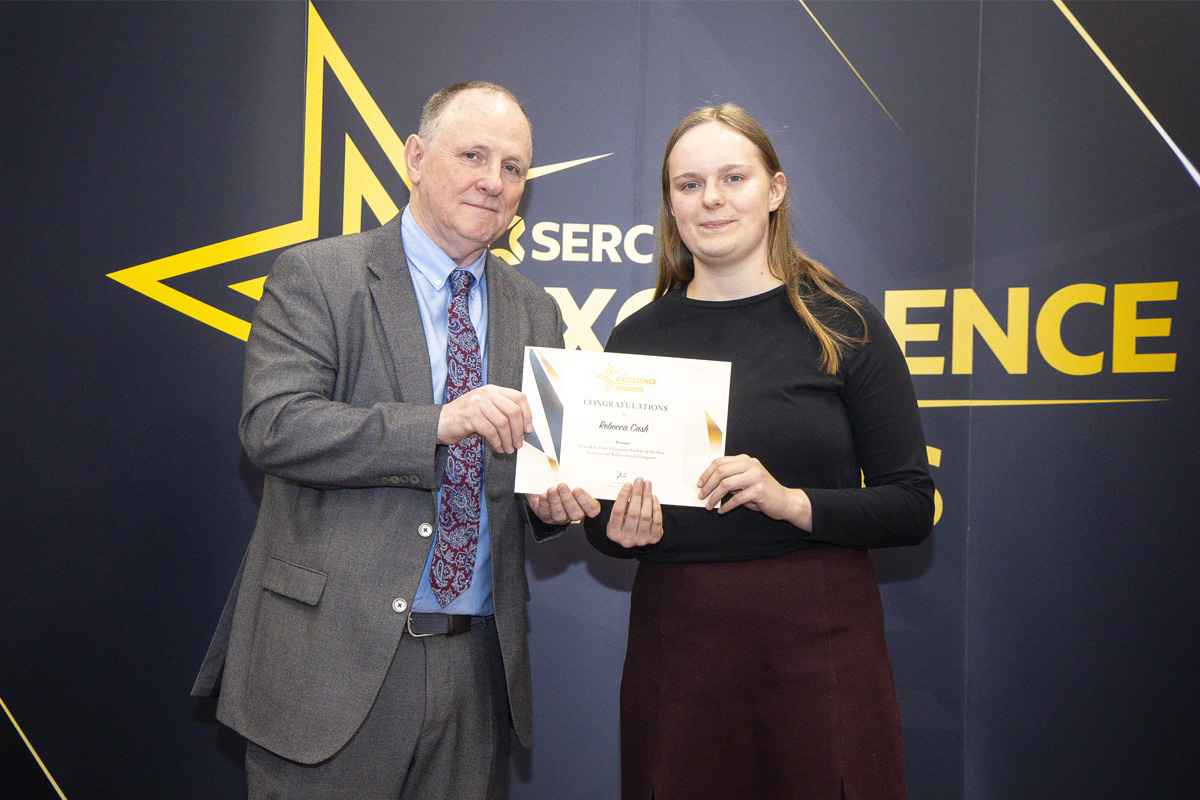Further Education has been catapulted into a new business cycle in the past five weeks: Ethical Relationships post COVID-19

Over the series of our webinars we have spoken extensively about ‘ethical relationships’ post COVID-19 (CV19), ethical relationships is not new and has been around in the education sector for decades. We want to explore with you how the utilisation of ethical relationships and collaboration can go hand in glove and be very beneficial for all parties, we will look at a particular case-study and also open up how Value-Chain Analysis (VCA) can be used for competitive advantage.
According to Michael Porter, “a business can strive to add value to the product or service through differentiation and command higher prices (differentiation)”.
The public sector is under extreme pressure in the current climate and will be under extreme pressure post CV19, especially to secure Value for Money (VfM) with public funds. The current climate and especially post CV19 will demand for innovative thinking and an approach’s that must lead to VfM, to ensure sustainable competitive advantage and become more productive. It could be argued that within the Learning & Skills sector there will a reconciliation process of any payments that have been paid on profile and there will be scrutiny on how the use of Public Funding has been used (i.e. furloughing of staff in receipt of public funding, payments on profile, ethical approaches to how funding has been used etc).
The need for us to deliver public services in new, better and cheaper ways will come as no surprise. The combination of straightened public finances with major social challenges mean that public services need to become more productive and develop new ways of working. Innovation in the public sector is therefore a pressing task, hindered, not least by the lack of available data on activity and performance”. (NESTA – Innovation in Public Sector Organisations (2011) – Stian Westlake).
Further Education has been catapulted into a new business cycle in the past five weeks:
- to engage in an augmented way to ensure advantage over its peers
- review business planning and approach
- digital transformation
- Continuous Improvement, etc.
“If school is a holistic web, where everything is interdependent and interconnected, then a change to one part of the school will not only rely on other parts of the school to support it, but it might also have an unanticipated, positive or negative, effect on the whole.” (Future Lab – Overcoming the barriers to educational innovation. (2009).
There are many barriers to innovative approaches, especially within the educational landscape, which demonstrate to change, recent changes have been embraced (on-line learning, but this is not new). “Resistance to change” and “lack of political will” are among the most serious barriers to innovation, especially in the learning & skills sector. To enable providers to be responsive, visionary and innovative it will require a full organisational approach to process thought, development, management and a structure for organisational change, this should entail working in a ‘Systems’ approach rather than in silos.
To cope with the changing world, providers will need to develop the capacity of shifting and changing – of developing new skills and attitudes; in short, the capability of learning. “Real knowledge needs to be continually learned and re-learned as customer expectations and circumstances change – in other words a systematic approach to improvement must be adopted”. (Managing Transformation actually means Transforming Management, The Deming Forum (2003), pp 11).
The formulation of working closely within the local community will be even more at the forefront of moving out of CV19, working together to ‘partner’ and work not to compete against each other but to develop an approach where the development of harnessing ‘competitive advantage’ by pooling resources, staff, and brain power together will lead to a stronger platform in the future state activity.
Through the current changes and challenges that we all face due to CV19, the Learning & Skills sector is in a state of flux in the changing landscape, the sector must shape itself to harness innovation, creativity and the capacity to learn through a shaped learning organisation (developing the organisation into a double-loop learning organisation).
In our view, many providers of education are in a silo approach, a ‘machine bureaucracy organisation’ and to develop the sector must develop to an approach to harness innovation within the new world, Systems Thinking will optimise how providers will operate from end to end, working together for the benefit of the organisation. The lean process effect, maximising internal expertise to focus on developing outstanding service to learners, employers and all stakeholders and capturing their needs enabling a positive impact will be in our opinion the new focus.
Over 10 years ago a large college embarked on a journey to improve efficiency across the college and its partners through the removal of unnecessary and inefficient processes, the initial project aims were to:
- Establish procurement as a shared service across the college and with its partners,
- Review and map all non-pay-expenditure identifying critical risks and opportunities,
- Ensure the full support of the wider college and partners through positive key stakeholder engagement,
- Develop a culture of excellence across the college and to develop its partners, including the local community that will translate in a mutual beneficial relationship (ethical relationships),
- Work with other organisations to achieve mutual benefits and to ensure a fluid value chain.
In the first year of this innovate creation it delivered savings of over £400k and the second year it delivered savings of over £500k. These savings (both in cash and non-cash efficiency gains) provided direct benefit to its learners and partners, which served to benefit all and created a hot spot of for the local community. The overarching programme was named ‘Achieving Excellence in the Things That Really Matter’.
With this in-mind, there was a particular focus to create relations through an ethical way of ensuring all partners were at the centre of the programme, this acted as a guiding light for positive partnership building and the creation of a fluid value-chain.
Value Chain Analysis is a useful tool for working out how you can create the greatest possible value for your customers. It is a tool that can be used to harness the creation of ‘creating value’ to all, the more value a company creates, the more profitable it is likely to be., and when you provide more value, you build competitive advantage and this can be shared.
Focus not on departments or specific accounting structures, but focus on systems, and how inputs are changed into the outputs for learners, employers and partners (partners in the wider sense). Using this viewpoint, you can create a chain of activities common to all businesses in your chain (upward and downward chain).
Looking at future state activity (post CV19), there will be a need to create and generate true value and to ensure relationships are strengthened, not just for competitive advantage but to also ensure huge efficiency savings can be generated. Some of the activities where the VCA can be utilised, internally and well as across the full chain are:
Primary Activities
- Inbound logistics – supplier relationships are a key factor in creating value here.
- Operations – operational systems create value.
- Outbound logistics.
- Marketing and sales.
- Service.
Support Activities
- Procurement (purchasing).
- Human resource management.
- Technological development – maintaining technical excellence are sources of value creation.
- Infrastructure – Legal, administrative etc.
To conclude, we believe that post CV19 there will be huge opportunities for providers of all types within the Learning & Skills sector, creating ethical relationship with employers, partners and your full supply chain will be beneficial to all. It is also our advice to ensure you work within your full chain to create value for all and to generate efficiency savings, this will also be important given our prediction of scrutiny over the use of public funding.
If you would like to discuss this further with us and how we can support your journey, please contact us through the Promote-Ed forums











Responses